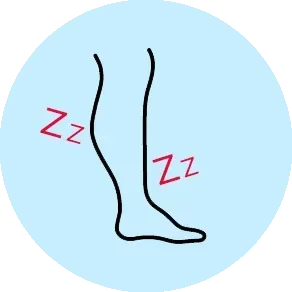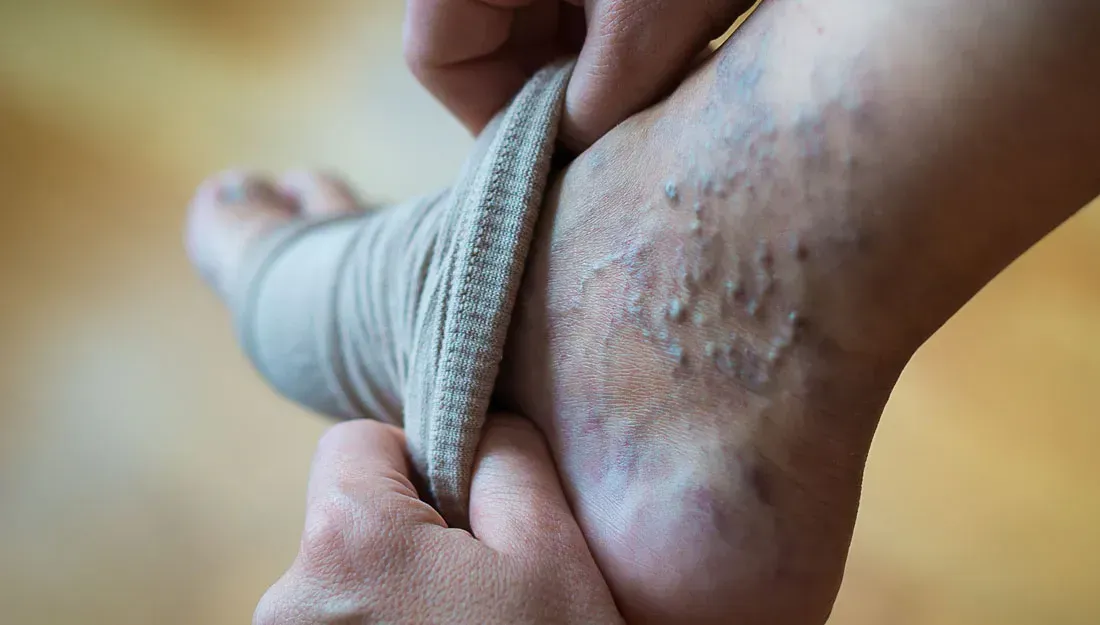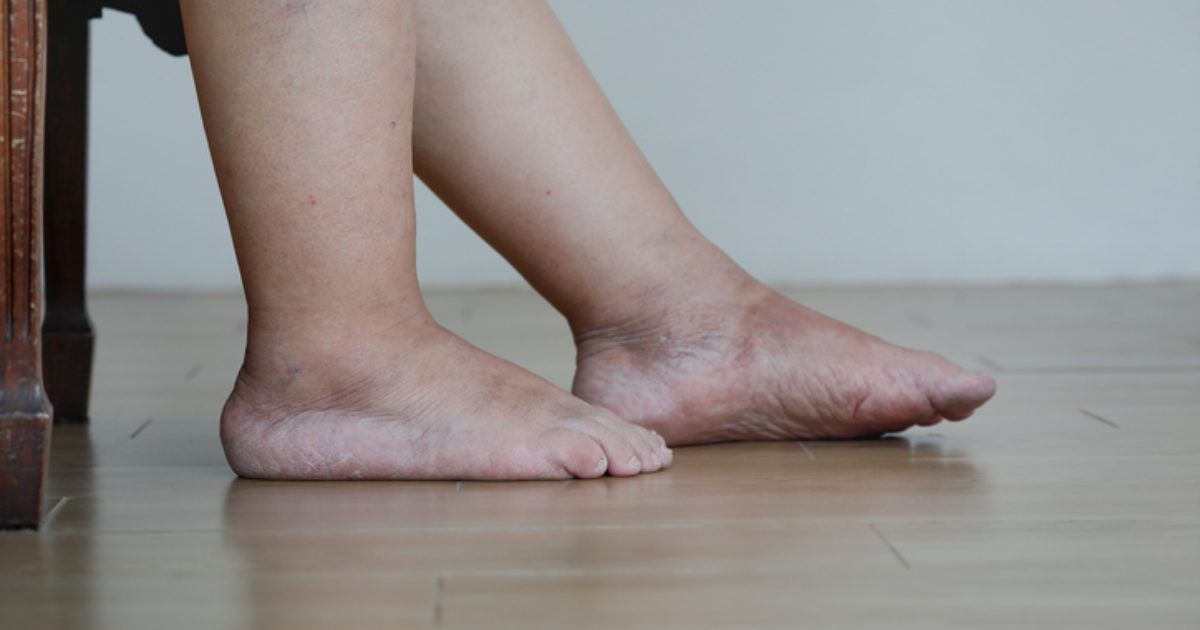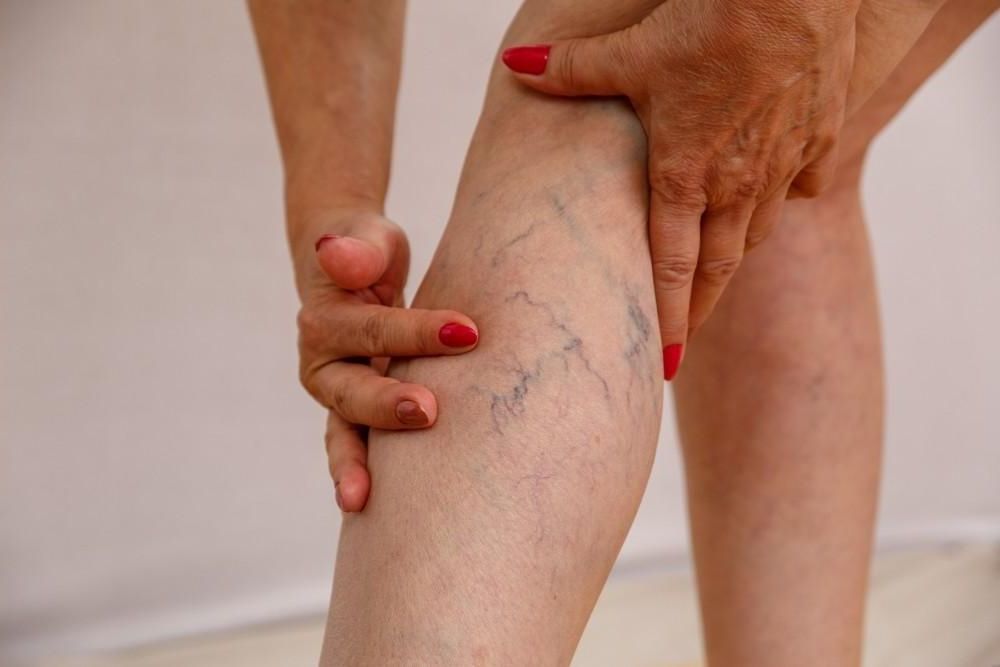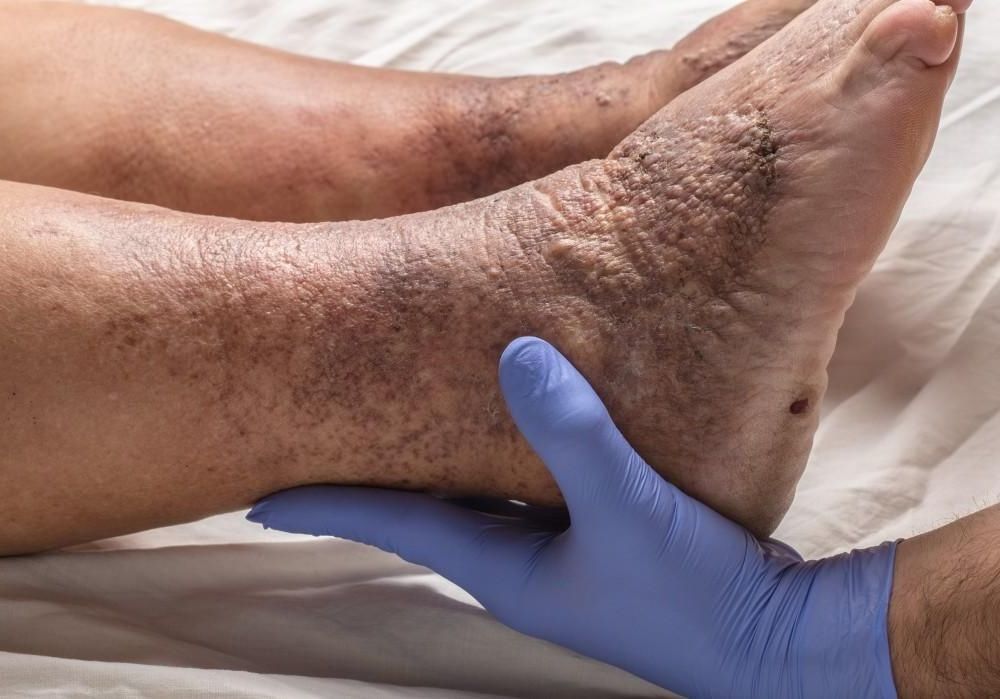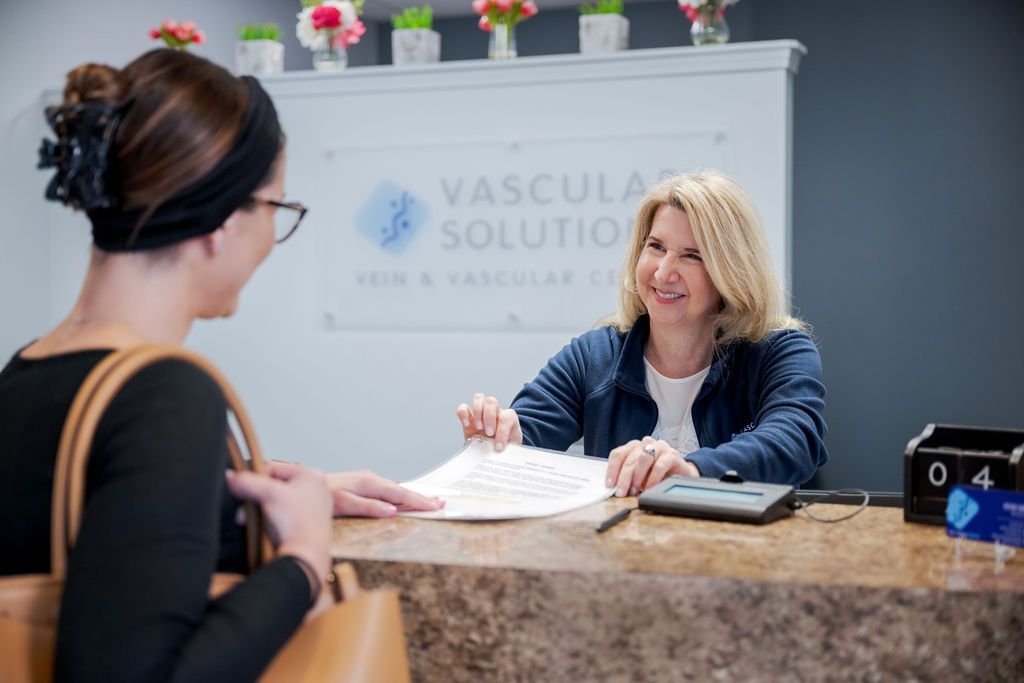
RESTLESS LEGS
THE LINK BETWEEN RESTLESS LEGS AND VEIN HEALTH
Just when you're ready to relax, restless leg syndrome (RLS) can make it impossible to find comfort. As The Leg Vein Experts, we understand how this frustrating condition can impact your sleep and quality of life. While many factors can contribute to RLS, there's a significant connection that often goes overlooked – your vein health. At Vascular Solutions in Charlotte, our board-certified specialists, led by Dr. Peter Ford, MD, FACS, RPVI, offer thorough vascular evaluations to uncover if vein conditions like venous reflux could be triggering your restless legs.

UNDERSTANDING RESTLESS LEGS SYNDROME
WHAT IS RESTLESS LEGS SYNDROME?
Restless Leg Syndrome (RLS) causes an overwhelming urge to move your legs, typically when you're trying to rest or sleep. Beyond the constant need for movement, many people experience uncomfortable sensations described as:
- Crawling or creeping feelings
- Persistent itching
- Deep aching
- Electric-like sensations
- Uncontrollable twitching
Expert Insight: Many patients find their symptoms improve with movement but return as soon as they try to rest. This cycle can significantly impact sleep quality and daily life.
WHAT CAUSES RESTLESS LEG SYNDROME?
While RLS is often associated with dopamine imbalance in the brain, emerging research reveals a strong connection to vein health. A recent study showed that 78% of people with venous reflux experienced RLS symptoms, compared to only 44% without vein disease.
Common factors linked to RLS include:
- Venous insufficiency (most common)
- Iron deficiency
- Vitamin D deficiency
- Diabetes
- Kidney conditions
Expert Insight: The high correlation between vein disease and RLS means that addressing underlying vein problems could be key to finding relief.
HOW IS RESTLESS LEG SYNDROME TREATED?
At Vascular Solutions, we believe in identifying the root cause of your RLS symptoms before pursuing treatment. Our approach includes:
Comprehensive Evaluation
- Thorough vein health assessment
- Advanced ultrasound imaging
- Complete medical history review
Customized Treatment Plans
If venous reflux is contributing to your RLS, we offer several minimally invasive solutions that can help alleviate symptoms by addressing the underlying vein condition.
Expert Insight: Many patients find significant relief from RLS symptoms after treating their vein problems. That's why we recommend a vascular evaluation before starting other RLS treatments.

TAKE THE FIRST STEP
Don't let restless legs affect your sleep and quality of life. Schedule your consultation with Charlotte's trusted leg vein experts to discover if vein disease could be contributing to your RLS symptoms.





